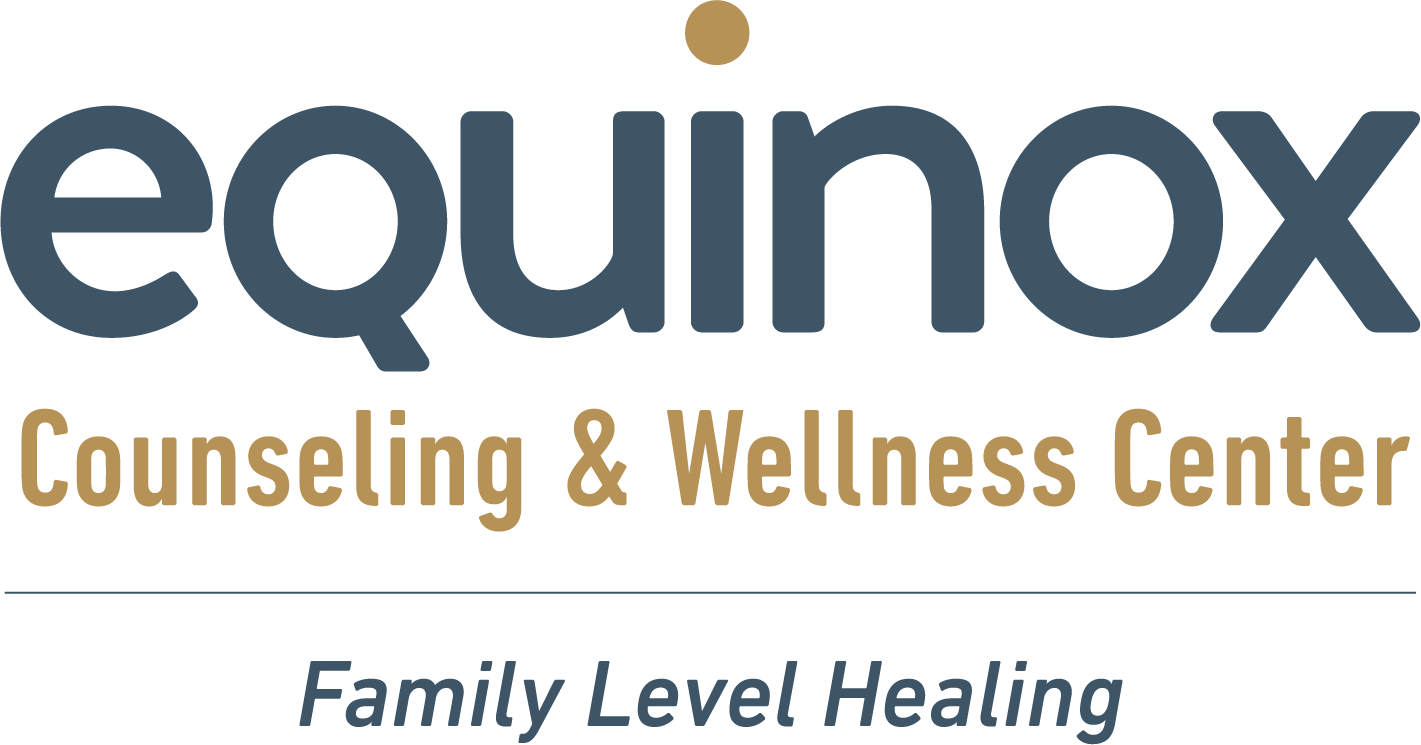One of the most critical aspects of timely care is recognizing the signs and symptoms that might indicate that a higher level of care is required. As a parent, you are the first line of defense when it comes to your child's health, and understanding when to seek help can make a world of difference in your child's development. In this post, we will explore clues and cues that can indicate when your child may require a higher level of care, why it is essential to recognize these signs early, and the benefits of starting treatment during summer break.
Why is it essential to recognize the signs Early?
Recognizing the signs and indicators of a more severe condition early on is crucial for the diagnosis and effective treatment plan. Timely intervention can prevent the symptoms from worsening and affecting the child's well-being in multiple ways. Early intervention's benefits include reducing the need for more intensive interventions in the future and improving the likelihood of success in treatment outcomes. Parents may sometimes hesitate to seek help, but early recognition and treatment will increase the chances of their child receiving the care and support they need to live a healthy and fulfilling life.
Recognizing Clues and Cues
Although it's essential to note that every child's experience and how they present are unique, there are distinctive and significant signals that could indicate a child or young adult needs additional care. For example, they could be experiencing regular outbursts, difficulty maintaining relationships, sudden changes in sleep patterns, appetite, self-harming behaviors or thoughts, or substance abuse. Should you recognize these cues or any of the below examples, seeking professional help without delay is essential.
HOW DO I KNOW IF MY CHILD MAY BE AT RISK -
- Your child experiences complex emotional, mental and behavioral health issues related to anxiety, depression, mood disorders, trauma or attachment in combination with Autism Spectrum Disorder, ADD/ADHD, and Executive Function Disorder.
- Your child is engaging in high-risk, self-destructive behaviors, and traditional therapy is not providing the support needed to help them.
- Your family is experiencing high levels of conflict and disruption due to behavioral health complexities.
- Your child and/or your family have participated in traditional therapy, multiple providers, or programs, yet your child is not achieving the desired results.
- As a parent, you are experiencing feelings of helplessness, lack of control, and loss of parental leadership.
- You are considering-or have been told that your child can only be helped through out-of-home placement.
- You need transition and aftercare services to assist in bringing your child or young adult home from a structured residential or wilderness program.
- You are seeking the highest level of care in the least restrictive environment to help your child address the root cause of long-term problems.
- Your child has threatened suicide, has suicidal ideation, or has been hospitalized for their safety.
- Your child demonstrates symptoms of depression (personality changes, expressing hopelessness or despair, declining grades and school performance, lack of interest in activities once enjoyed, or withdrawal from family and peer relationships).
Summer Breaks Provide the Perfect Opportunity
For many children and young adults, school breaks mean the freedom to engage in summer activities and relax. However, for those who require higher levels of care, summer breaks can provide an ideal opportunity to begin or continue necessary treatment without academic or social distractions. In addition, parents can use this time to work closely with their treatment team to monitor and manage their child's condition.
What to do Next
Prompt intervention can help give your child the necessary support, resources, and treatment options to help them thrive. If you think your child may need additional care or are curious about how you can get a head start on managing your child's psychiatric, emotional, or behavioral health issues during the summer months, we are here to help.
Click HERE to request a consultation, or call us today at (303)861-1916 to learn how we can help your family.









